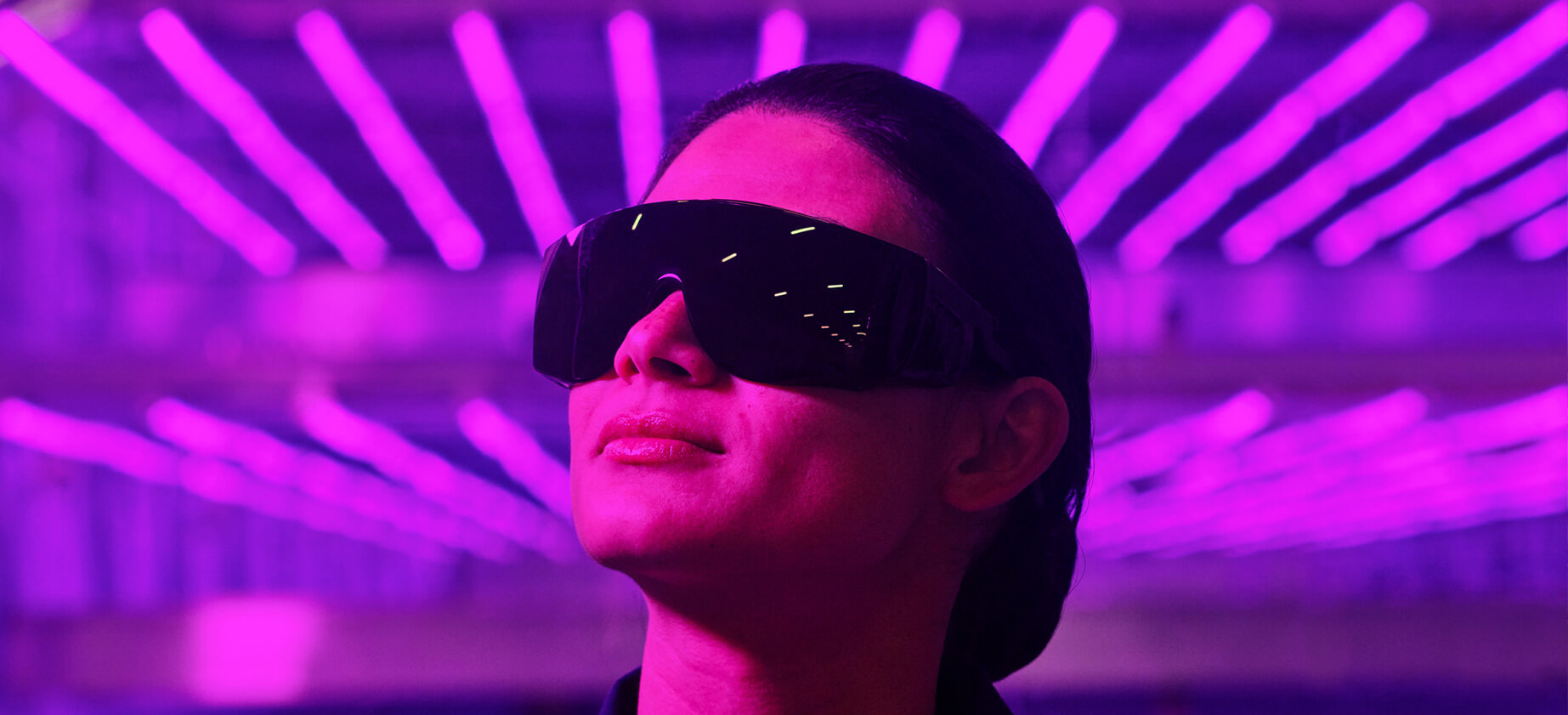
Trends for 2006-part oneTrends for 2006-part one
As part of a series, Influx Insights is asking bloggers around the world for their perspective on trends for 2006. They were asked to name one trend that they believe will emerge strongly in the next 12 months. The first comes from Charlie Edwards at the UK think tank Demos,who picked risk.
Here is Charlie’s explanation.
At home
Central to why I think risk will continue to be such an important trend is that society is increasingly made up of individuals (witness the increase in online dating agencies/more M&S ready meals being bought/ and more single homeowners) As individuals we are rarely able to rely on others so we have they to make our own set of choices /judgments and because this is often based on our own ‘research’ (sometimes a gut instinct) we tend to be more risk averse (as we have more to lose). I think this is a growing trend in society)
Business
The management of risk has been a growing trend for business since the Brent Spa episode and the collapse of Barings bank (1995)- since then companies have been preoccupied with making sure they have the most comprehensive internal controls in place and that they manage everything- anything that remotely looks like it will come up on the auditors books has been dealt with (at least hidden) for fear of the fall out and the impact it might have on the company.
The business community was further battered in 2001 by the Enron saga- and so companies once again began to look at what they needed to do and governments helped too with their own regulation…
Recently we have seen the rise and fall of Kate Moss- an industry in herself. No one was that surprised by the panicked reaction of the companies who sponsored her- Reputation for them is crucial – so (arguably) they took one look at the media tsunami approaching them and ditched her….since her detox program she is back to making her millions.
However – it might be worth pointing one thing out ref Moss and Virgin Mobile (who have since taken her on). For Branson and Virgin, reputation is both a strategic goal of the company and a business philosophy- it is because they are so good at understanding and managing risk that they took her on, not as some as the media thought that he was a risk taker…
I think these examples illustrate why our aversion to risk (in business and in society as a whole) will continue to grow in the next couple of years.




